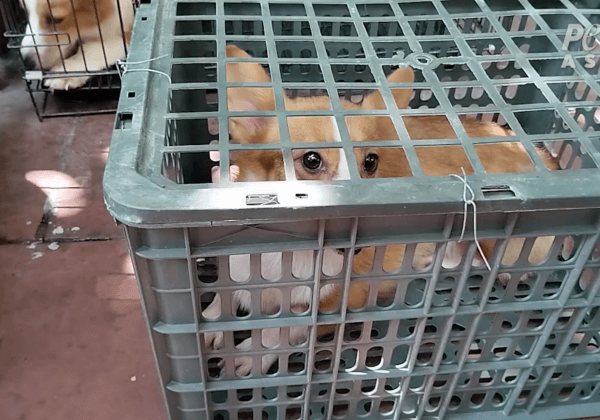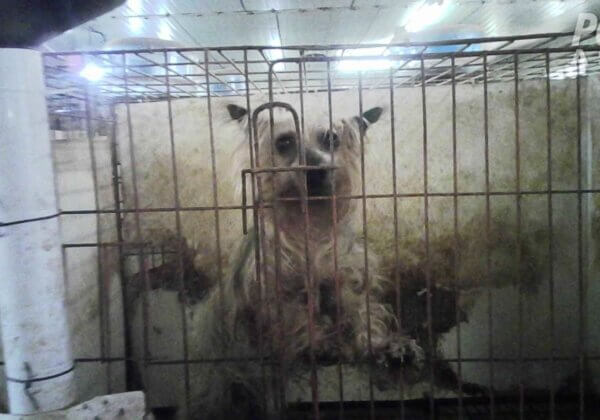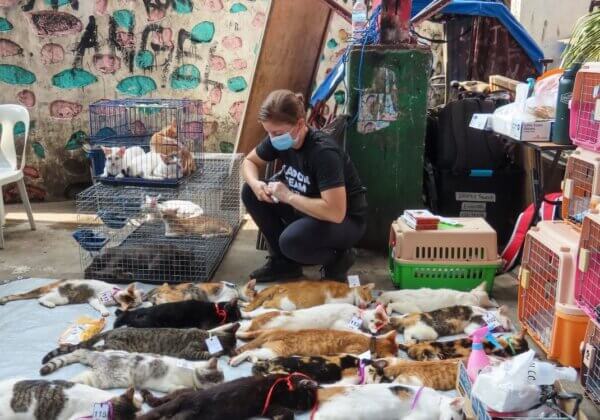Caring for Your Companion Animal
 Many of us have cats, dogs, or other animals as companions. Most people should realize that companion animals are a part of our families and that they rely on us to care for and protect them. Even so, many people who love and care for their feline, canine, or otherwise nonhuman friends emotionally may not possess the correct knowledge of how to care for them physically.
Many of us have cats, dogs, or other animals as companions. Most people should realize that companion animals are a part of our families and that they rely on us to care for and protect them. Even so, many people who love and care for their feline, canine, or otherwise nonhuman friends emotionally may not possess the correct knowledge of how to care for them physically.
Your cat or dog is a part of your family, but that doesn’t mean he or she should eat everything that you eat! Nonhuman animals have different nutritional needs than we do, so you need to provide them with appropriate food to meet those needs. It is also important to be aware of which foods are bad for cats and dogs and other animals and to avoid giving them to your furry friend. That’s not to say that your dog or cat shouldn’t receive treats. (We all need them sometimes!) Some human foods are actually healthy for pets and add variety to their diets.
Have your cat or dog de-sexed at an early age, before he or she reproduces. This step helps prevent overpopulation and homelessness among cats and dogs, and it is also extremely beneficial for your furry friend’s health. Animals who have been spayed or neutered have far lower chances of developing life-threatening problems, including testicular and ovarian cancer.
Know what to look for and when. Even if you cannot afford regular vet checkups, everyone can perform basic checks themselves to ensure that problems with their pets don’t develop unnoticed. Regularly check your animal’s ears for signs of infection (a funny smell and lots of discharge are telltale signs), check his or her weight, trim your dog’s claws, provide cats with scratching posts, and brush your animal frequently to remove loose fur.
Think about what your decisions mean for your animal. Yes, your pooch may look extremely cute with a coat and booties on, but in the sweltering summer heat, your fashion choice could be fatal if he or she succumbs to heat exhaustion. Animals can’t tell us how they feel about our treatment of them, so try to see things through their eyes. If you wouldn’t want to spend your entire life at the end of a chain, you can be sure your dog won’t either.
Always provide fresh water, shade, and appropriate exercise for your animals. Never punish them physically, no matter what happens—they simply won’t understand your intentions. If you already have an animal, offer him or her love and companionship. If you don’t have a companion animal yet but know you are ready for the responsibility, then please always adopt and never buy.
Posted by Claire Fryer









